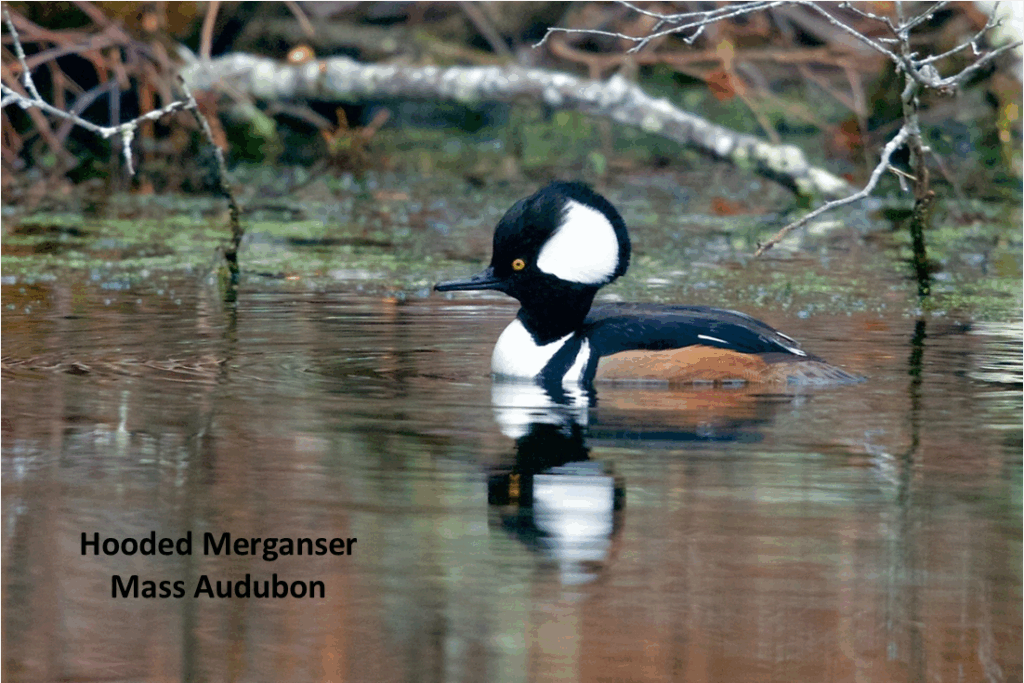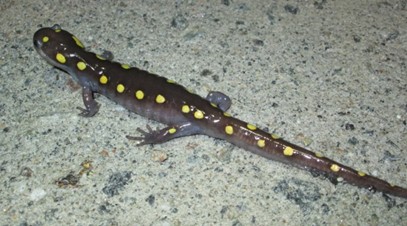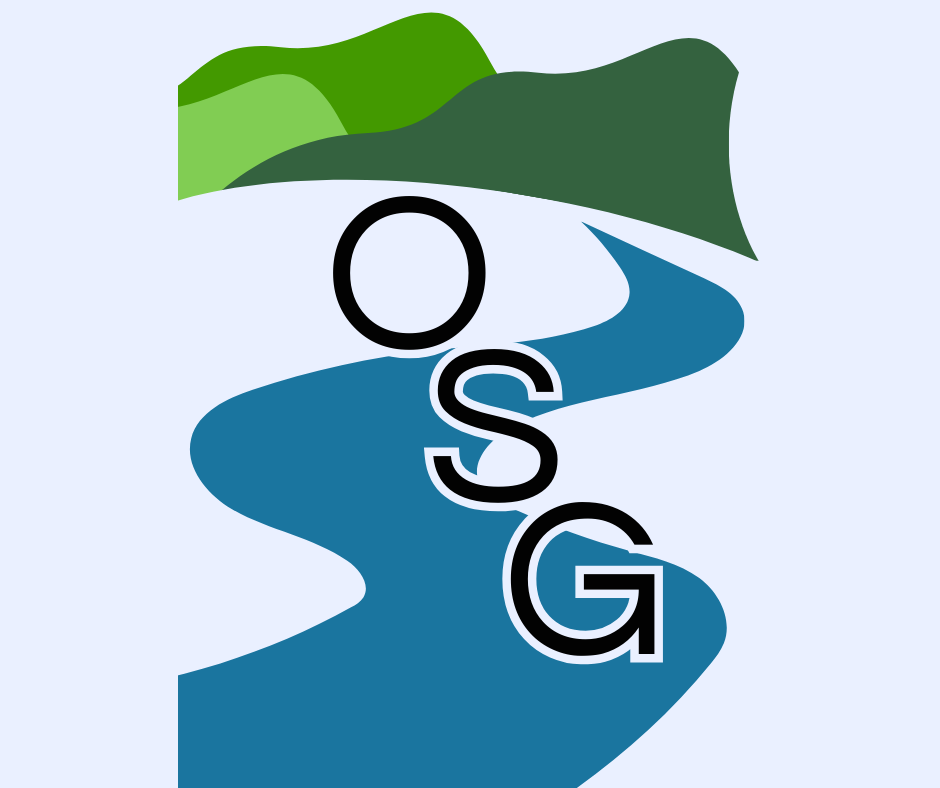
Wetlands
Wetlands, even those so small as to appear insignificant, provide vital ecological services. They act as natural sponges, capturing rainfall, slowing runoff and reducing erosion. By filtering out sediments and pollutants, they improve water quality before it enters streams, rivers, or groundwater supplies. They contribute to healthier watersheds, benefiting both people and wildlife.
They are biodiversity hotspots, supporting a wide range of plants, from sedges and grasses to shrubs and trees adapted to saturated soils. Because they lack fish, they serve as safe breeding grounds for amphibians like salamanders and frogs, as well as numerous invertebrates that form the base of a rich food web. Even small wetlands can provide crucial rest stops for migratory birds. Protecting and valuing all wetlands ensures that we all continue to benefit from their natural resilience and richness.

